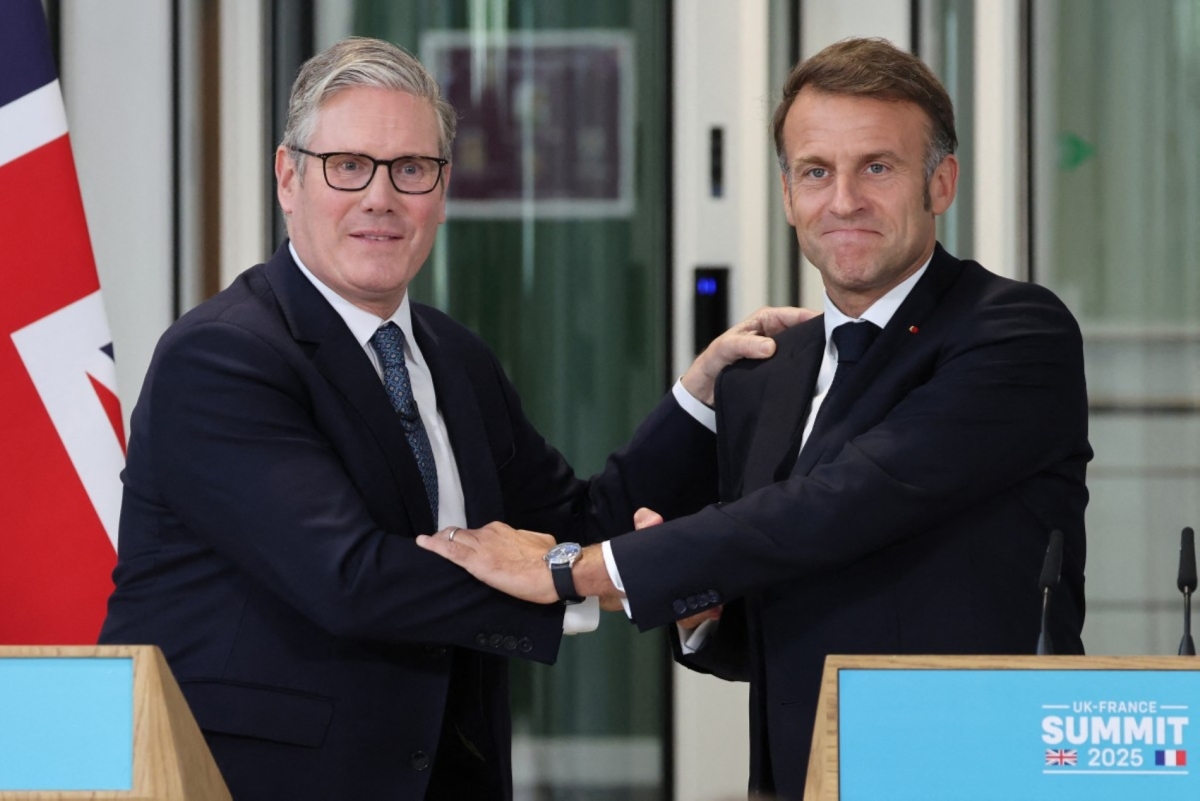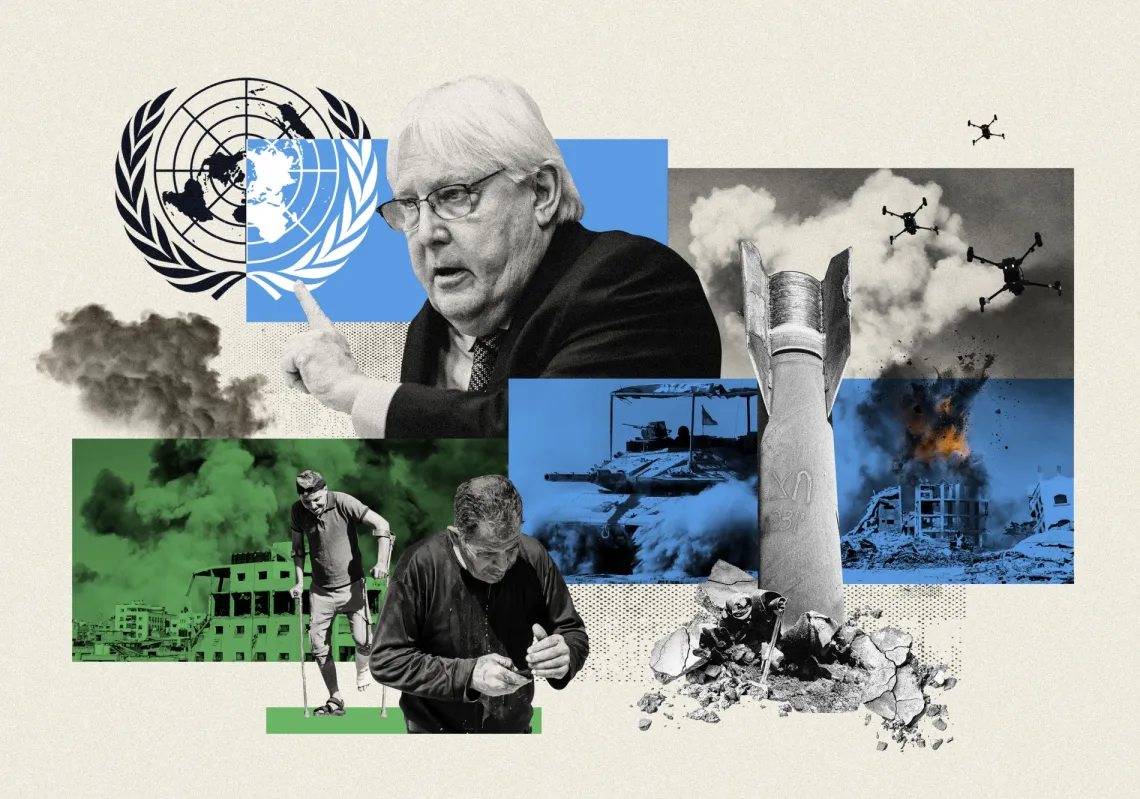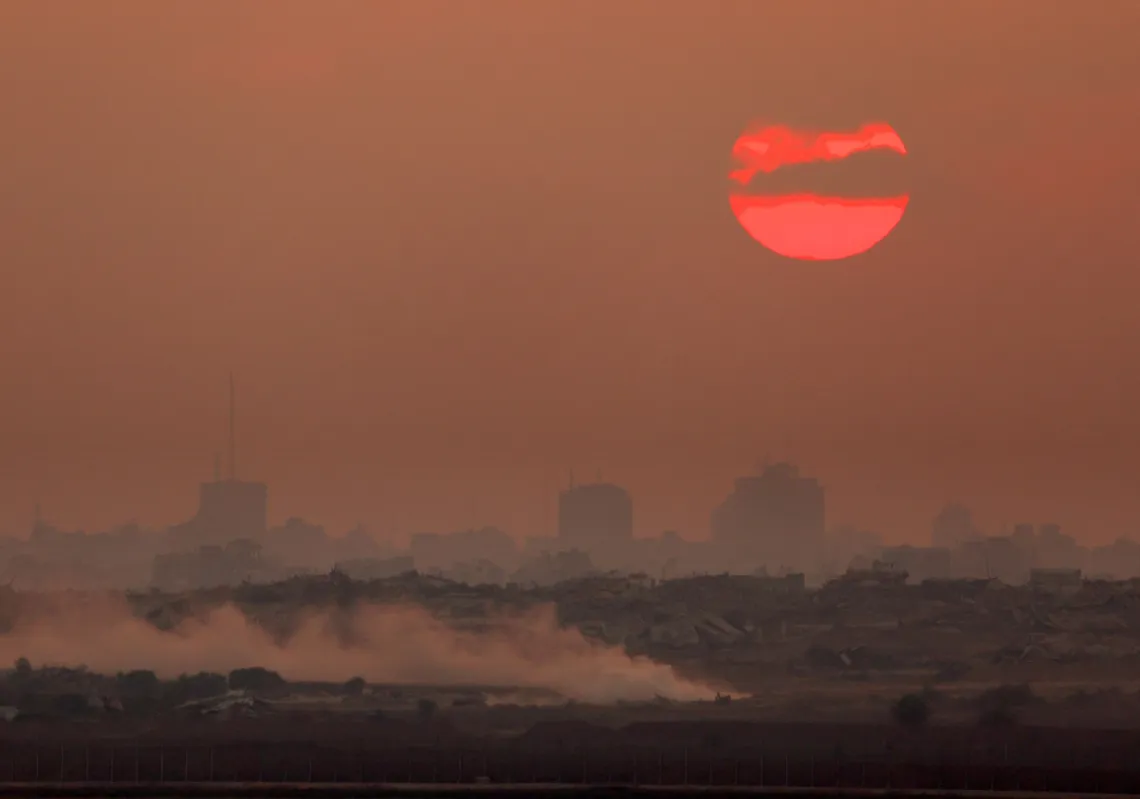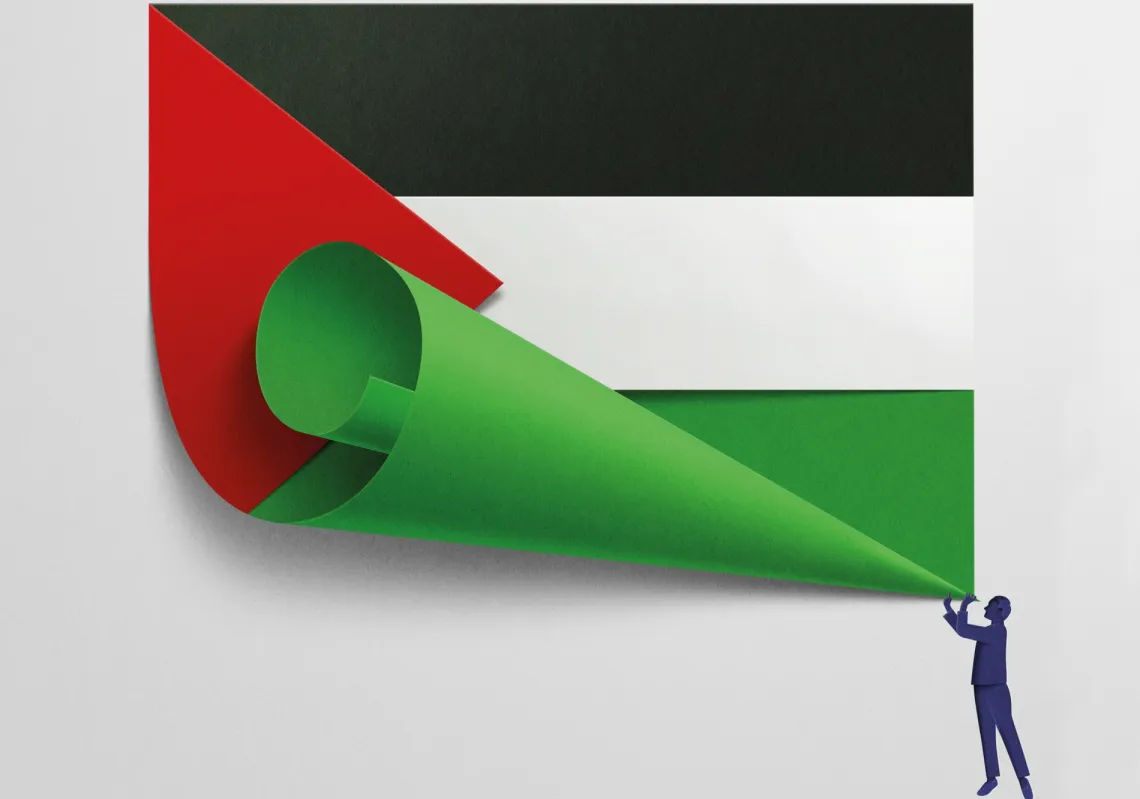Almost 108 years after British troops first occupied Palestine, London appears on the brink of finally recognising a Palestinian state. After France pledged to formally recognise Palestine at the UN General Assembly in September, in frustration at Israel’s continued assaults in Gaza, UK Premier Keir Starmer pledged to follow suit unless Israel fulfilled an unlikely list of conditions that include a ceasefire and committing to a two-state solution.
In all likelihood, both Britain and France—the states that originally partitioned the Middle East after the First World War, contributing to the creation of Israel and Palestine’s dismemberment—will abandon their long-standing insistence that recognition can only come as part of a two-state solution.
While the move angered Israel and its supporters, with Israeli Prime Minister Benjamin Netanyahu alleging that it would reward Hamas, this action will likely have little impact. Britain and France have not demonstrated a willingness or an ability to rein in Israel's war on Gaza, and recognising Palestine appears more about appeasing domestic critics with symbolic gestures rather than a genuine attempt to change Israel's behaviour.
Domestic pressure
The immediate prompt for France and Britain’s declaration— which was quickly followed by Canada proposing the same— was the developing famine in Gaza. With neither Israel nor Hamas seemingly willing to make concessions on a ceasefire, London and Paris decided to pull the trigger on a move both have been mulling for some time. Given this is something that Netanyahu strongly opposes, Macron and Starmer hope their declarations will prompt a rethink to avoid Israel becoming a pariah that even long-standing allies shun.
But sceptics argue neither London nor Paris genuinely expects Netanyahu to change course. Instead, the primary motivation is to placate their own domestic critics. In Britain, over a third of MPs, half of whom are from Starmer’s Labour Party, have signed a letter demanding Britain recognise Palestine.
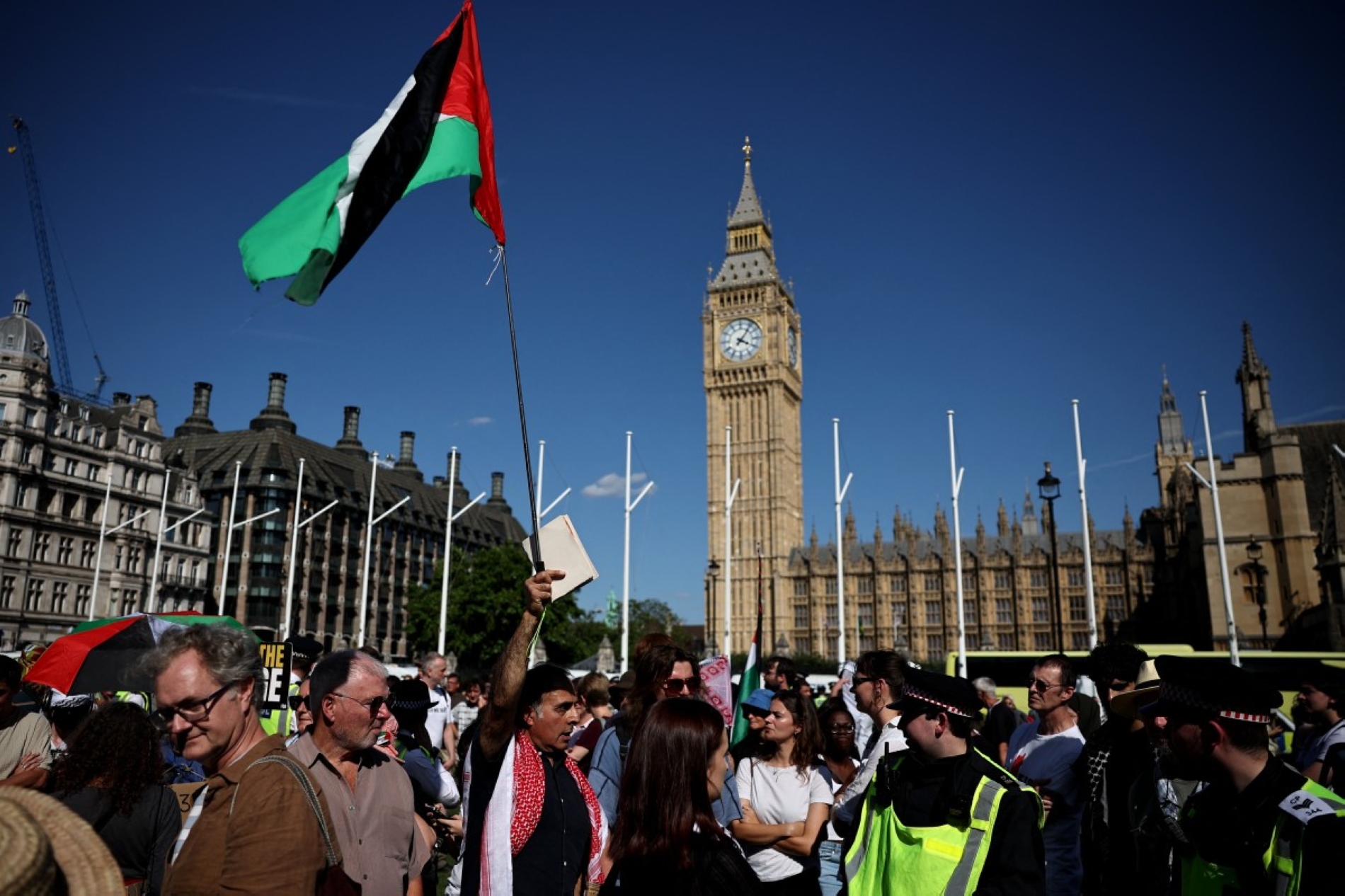
Labour supporters are even more disappointed in Starmer’s stance on Gaza, with the Economist reporting that 90% want him to criticise Israel more harshly. After winning a huge parliamentary majority in 2024, Starmer was initially willing to face down his critics on Palestine, but this summer, his authority has been weakened after a series of rebellions by his own MPs on welfare spending reforms. Now he may see a softer line on Palestine as a way to build bridges with MPs and activists.
Macron has received less criticism from his own party for his stance on Gaza, generally being quicker to question Israel than the UK, but like Starmer, he has critics in the wider public for not doing enough. Even more than Starmer, he faces domestic challenges, having seen his authority weakened after calling a snap election in 2024 in which his Ensemble party lost a third of their parliamentary seats. Macron may hope his boldness in recognising Palestine, making France the first G7 country to do so, will both placate domestic critics of Israel and allow him to play the international statesman to boost his popularity.
Performative politics?
But while recognising Palestine—if it comes—is a significant departure in rhetoric for Britain and France, will it make any difference on the ground? An overwhelming majority of UN member states (147 out of 193) already recognised the state of Palestine, and this has had no bearing on Israel’s approach towards Gaza.
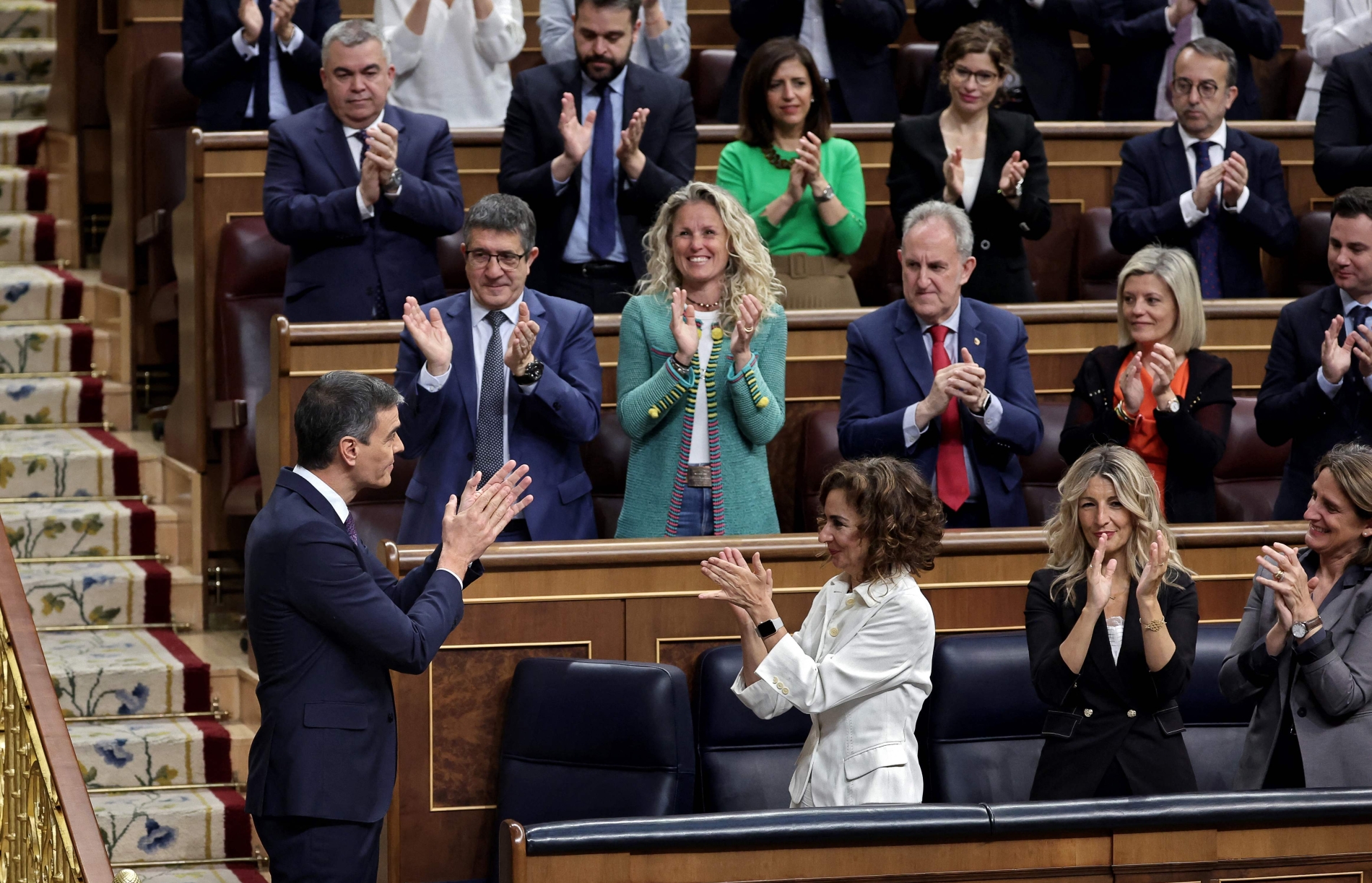
In May 2024, Ireland, Spain and Norway declared that they recognised a Palestine comprising the West Bank, Gaza and East Jerusalem in response to Israel’s war on Gaza, but this did not affect Netanyahu’s policies. Britain and France are bigger international players, but their fellow UN Security Council permanent members, Russia and China, already recognised Palestine long ago in 1988.
Paris and, especially, London, are holding out recognition as a game-changing action, but unless it comes alongside more serious punitive measures, it will not likely have much impact. The UK has taken some action against Israel in the past year, including cancelling free trade talks, suspending 30 arms licenses and sanctioning two ministers. France similarly has sanctioned some violent West Bank settlers. But this is all rather timid, and more serious punishments, like cancelling all arms sales (Britain has permitted 290 licenses to continue) or even deploying economic sanctions, have been dismissed.
Recognition is, of course, symbolically important for the cause of Palestinian statehood. Palestinian ambassador to the UN, Riyad Mansour, praised the move by London and Paris in a recent interview with al-Monitor. Though Israel has claimed it will boost Hamas, the group received no such boost when Ireland, Spain and Norway recognised Palestine in May, so the claim holds little water. It is just as likely that the move will boost moderates like Mansour, who can point to increased support from influential members of the international community.


